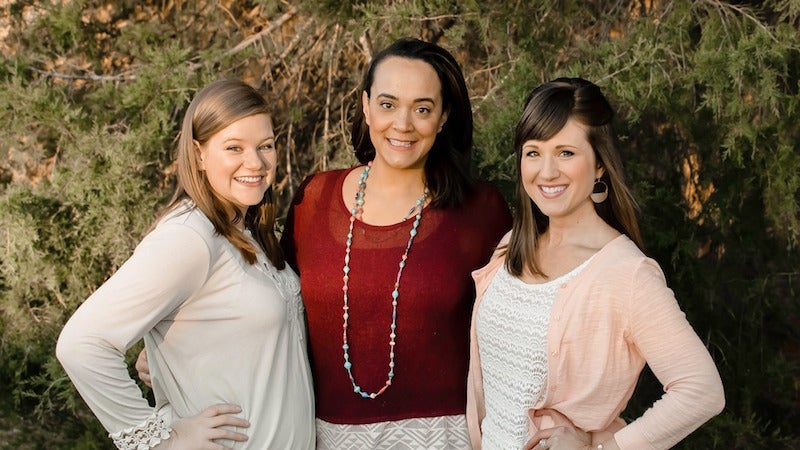Chelsea mom helping to raise autism awareness
Published 4:22 pm Monday, April 16, 2012
By SHELBA NIVENS / Community Columnist
Matthew Devenyns will be 10 years old July 9.
“But he cannot have a conversation,” his mother Vicki said. “He can say ‘I want TV, or ‘outside,’ or ‘juice.’ But he cannot tell me his head, belly, ear or throat hurts.”
Before 12 months, Matthew could say single words, she said. He played, smiled, interacted socially and ate some solid foods.
Then, he stopped talking. He never looked people in the eyes. He flapped his hands, toe-walked, stopped eating solid foods, had seizures and terrible tantrums. At 20 months old, he was diagnosed with autism and epilepsy.
The Centers for Disease Control and Prevention (CDC) estimates that about one in 88 children has autism. Matthew and my 15-year-old granddaughter Tara are among these statistics.
CDC is working to discover the risk factors for autism, and to raise awareness of the signs. The Autism Society of America has named April National Autism Awareness Month.
Treatment for autism is not covered by insurances. But advocates for autism recently gathered in Montgomery in support of a bill sponsored by Sen. Cam Ward of Alabaster, which could change this.
Vicki Devenyns will always be her sons advocate, she said, and agreed to share his story to help raise awareness of autism.
Matthew has seen speech and occupational therapists since the age of 2, which is “expensive, but rewarding,” she said. Matthew now plays Special Olympics soccer and attends regular school with help from an aide. But, easily over-stimulated, he is sometimes taken from class to a “sensory room” for calming activities and music. He has not eaten solid food in three years, but drinks nutritional drinks.
“Matthew is very affectionate,” his mother said. He exchanges hugs with his 5-year-old sister Brantley, and tells his mother, “I love you.”
The most difficult thing about raising a child with autism, she said, is being unable to understand what he’s feeling. “It’s frustrating and stressful for the family, but I imagine it’s more frustrating for him. To know what you want or how you feel, but don’t know how to tell someone would have to be the hardest thing for anyone.”
The most rewarding thing, she said, is when Matthew has worked long and hard to learn a simple everyday task, and it finally happens.
Her advice to parents of an autistic child? “Never give up on him. He’s in there and wants to come out,” she said.
Shelba Nivens can be reached by email at Shelbasn@juno.com.









